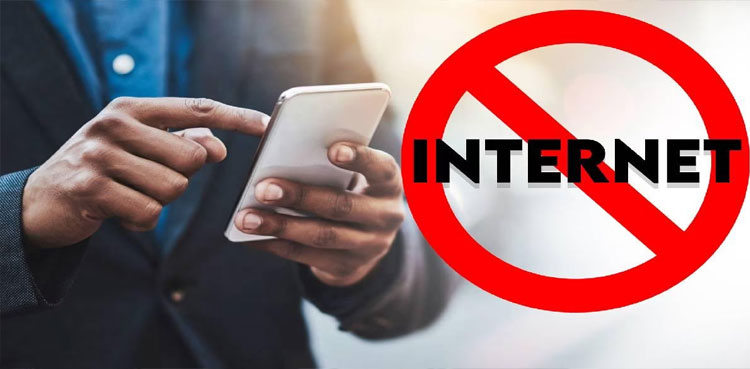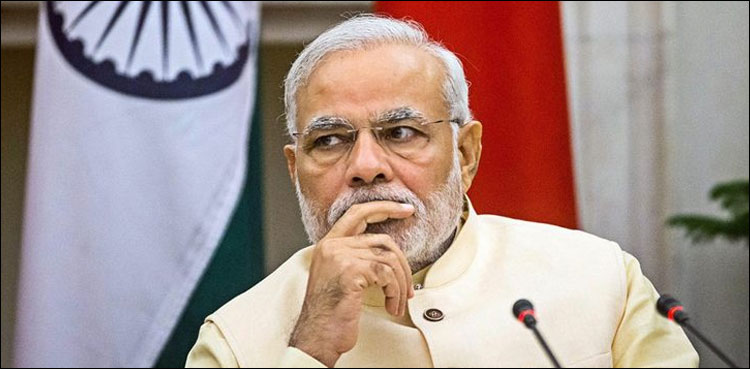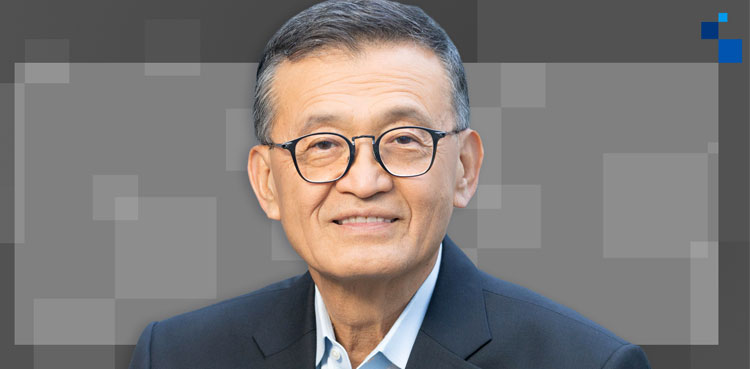Azerbaijan and Armenia signed a U.S.-brokered peace agreement on Friday during a meeting with U.S. President Donald Trump that would boost bilateral economic ties after decades of conflict and move them toward a full normalization of their relations.
The deal between the South Caucasus rivals – assuming it holds – would be a significant accomplishment for the Trump administration that is sure to rattle Moscow, which sees the region as within its sphere of influence.
“It’s a long time – 35 years – they fought and now they’re friends, and they’re going to be friends for a long time,” Trump said at a signing ceremony at the White House, where he was flanked by Azerbaijani President Ilham Aliyev and Armenian Prime Minister Nikol Pashinyan.
Armenia and Azerbaijan have been at odds since the late 1980s when Nagorno-Karabakh, a mountainous Azerbaijani region mostly populated by ethnic Armenians, broke away from Azerbaijan with support from Armenia. Azerbaijan took back full control of the region in 2023, prompting almost all of the territory’s 100,000 ethnic Armenians to flee to Armenia.
Trump said the two countries had committed to stop fighting, open up diplomatic relations and respect each other’s territorial integrity.
The agreement includes exclusive U.S. development rights to a strategic transit corridor through the South Caucasus that the White House said would facilitate greater exports of energy and other resources.
Trump said the United States signed separate deals with each country to expand cooperation on energy, trade and technology, including artificial intelligence. Details were not released.
He said restrictions had also been lifted on defense cooperation between Azerbaijan and the United States, a development that could also worry Moscow.
Both leaders praised Trump for helping to end the conflict and said they would nominate him for the Nobel Peace Prize.
Trump has tried to present himself as a global peacemaker in the first months of his second term. The White House credits him with brokering a ceasefire between Cambodia and Thailand and sealing peace deals between Rwanda and the Democratic Republic of the Congo, and Pakistan and India.
However, he has not managed to end Russia’s 3-1/2-year-old war in Ukraine or Israel’s conflict with Hamas in Gaza. Trump on Friday said he would meet Russian President Vladimir Putin in Alaska on August 15 to work on ending the war.
ENDING SANCTIONS EVASION BLIND SPOT
U.S. officials said the agreement was hammered out during repeated visits to the region and would provide a basis for working toward a full normalization between the countries.
The peace deal could transform the South Caucasus, an energy-producing region neighboring Russia, Europe, Turkey and Iran that is criss-crossed by oil and gas pipelines but riven by closed borders and longstanding ethnic conflicts.
Brett Erickson, a sanctions expert and adviser to Loyola University’s Chicago School of Law, said the agreement would help the West crack down on Russian efforts to evade sanctions.
“The Caucasus has been a blind spot in sanctions policy,” he said. “A formal peace creates a platform for the West to engage Armenia and Azerbaijan … to shut down the evasion pipelines.”
Tina Dolbaia, an associate fellow at the Center for Strategic and International Studies, said Friday’s signing was a big symbolic move, but many questions remained, including which U.S. companies might control the new transit corridor and how involved Armenia and Azerbaijan would be in its construction.
She said Russia would likely be irritated by being excluded from the agreement and the U.S. role in the corridor. “Now the fact that … Armenians are shaking hands with Azerbaijanis, and they are talking about US involvement in this corridor – this is huge for Russia,” she said.
Olesya Vartanyan, an independent regional expert, said the deal added greater predictability to the region, but its long-term prospects would depend on continued U.S. engagement.
“Armenia and Azerbaijan … have a much longer track record of failed negotiations and violent escalations than of peaceful resolutions,” she said. “Without proper and continued U.S. involvement, the issue will likely get deadlocked again, increasing the chances of renewed tensions.”
Senior administration officials said the agreement marked the end to the first of several frozen conflicts on Russia’s periphery since the end of the Cold War, sending a powerful signal to the entire region.
Armenia plans to award the U.S. exclusive special development rights for an extended period on the transit corridor, U.S. officials told Reuters this week. The so-called Trump Route for International Peace and Prosperity has already drawn interest from nine companies, including three U.S. firms, one official said on condition of anonymity.
Daphne Panayotatos, with the Washington-based rights group Freedom Now, said it had urged the Trump administration to use the meeting with Aliyev to demand the release of some 375 political prisoners held in the country.
Azerbaijan, an oil-producing country that hosted the United Nations climate summit last November, has rejected Western criticism of its human rights record, describing it as unacceptable interference.









